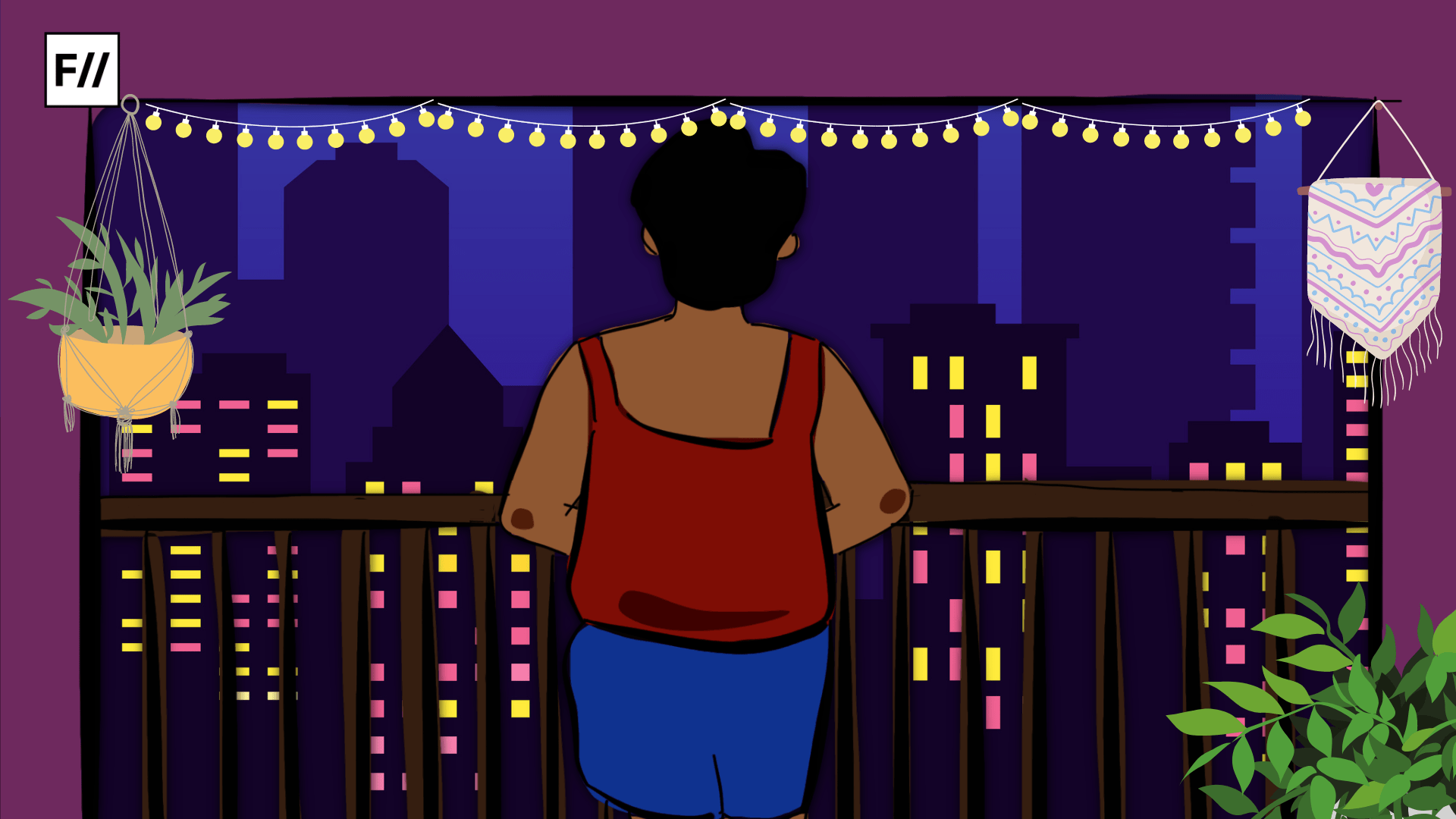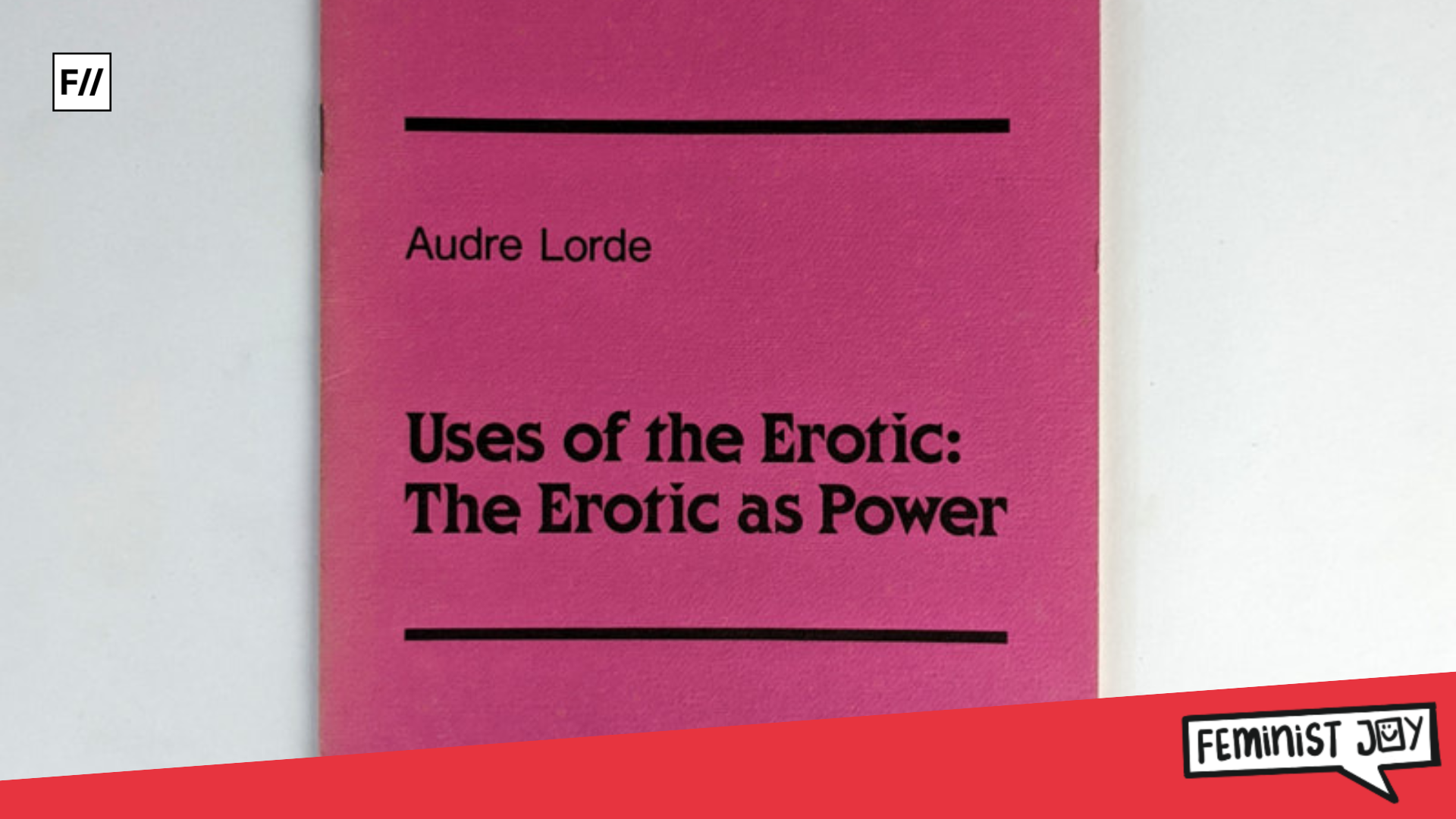While heading back to our hometowns from metropolitan cities as the year comes to an end, many of us would witness happy, lively faces. We will also be greeted by Christmas lights and loved ones gearing up for the new year. It is supposed to be the season of laughter, joy and togetherness after all, and marks the optimistic dreams for the new year to come.
Amidst the Covid-19 pandemic, these festivals do open a window of hope which brings comfort and many memories from the year that is passing. The year end for many, lightens up their beings, gives meaning to collectivity and acts as a warm blanket during the chilly nights. But for a few of us like myself, while heading back to our hometowns, this time there will be darkness as there will be incomplete happiness. The incomplete happiness of not being able to see the family member whom we have lost to Covid.
The missing courage of entering the house which isn’t the same anymore, it will never be. While physically, the house and the structure of it remains the same, something is not the same within it. For many, the people who made the house a home are missing. The thought of the lump in our throats when we will ring the bell this time, only to understand that the place of that family member cannot be filled, is devastating.

The house will greet us now with many an awkward silence, moments that remind us of their passing. We will enter their room, see their everyday objects, their clothes, only to remind ourselves that it will not be used again. This article is an attempt to understand and uncover the philosophy behind what it means to witness the new year in this pandemic. How do we celebrate the coming of the new year while many are still grieving with losses caused by the pandemic?
Grief is often related to arbitrariness. Many philosophers have contemplated and concluded that life is an endless pursuit that will eventually end in suffering. That there is no aim to human existence, and that we are bound to pain and grief. While the existence of pain and grief in one’s life is not something we can discredit, these thinkers have not yet fully explored and found the justification for the hope that persists in us humans, despite the certainty of grief

While we know that there have been great losses, we still don’t have any concrete figures in terms of data which explains or clarifies how many deaths have happened during these two waves of COVID-19. If only data can quantify and qualify the turbulence of hospital hunting, looking for beds, running for oxygen cylinders and still seeing our loved ones dying.
Sometimes, as a note, sometimes just a glance in the COVID ward, sometimes a video/ audio call to the family member admitted in the COVID ward – we have been trying to fight finitude and determinism, the certainty of something being beyond cure and care. Despite the knowingness of this certainty – the limitedness of human life, we refuse to believe that there isn’t anything we can do to ease the suffering of our loved ones, to bring them back home.
What it meant to live through 2021
For some people, this year marks an absence, a void, an emptiness. The year end is an exit, a cruel remembrance of what couldn’t be achieved or brought back home. It is one of the few moments when memory comes back to haunt us, when we look back at the past and reflect.
It at times haunts our inabilities, by showing us how fulfilling the previous years perhaps were and how the future will be marked by the absence of someone or something. Many of us are part of an informal collective, grieving the death of a loved one we lost to Covid. A collective being mocked by death, situations, and fate.
Also read: How To Talk To Children About Death And Grief
We must allow ourselves to be touched by the warmth of memories, let fate and grief pity our situation perhaps, but never us. The weight of the losses that sleep next to us as silence is terrible. But may we all let it be, while we see the neighbors putting up lights in the balcony. Let our eyes be misty when we see other people coming back happy from shopping

Grief is often related to arbitrariness. Many philosophers have contemplated and concluded that life is an endless pursuit that will eventually end in suffering. That there is no aim to human existence, and that we are bound to pain and grief. While the existence of pain and grief in one’s life is not something we can discredit, these thinkers have not yet fully explored and found the justification for the hope that persists in us humans, despite the certainty of grief.
The presence of grief springs itself in an arbitrary manner. Sometimes in the form of an absence that hits you like a ball, sometimes like a gentle wind. This time, the end of the year will denote different meanings for grieving people. But all those in grief still try to find some solace, some warmth in the Christmas lights and those who have managed to beat Covid. All of us must allow the smile of persistent hope to gently come to the face, even as we grieve our losses.
We must allow ourselves to be touched by the warmth of memories, let fate and grief pity our situation perhaps, but never us. The weight of the losses that sleep next to us as silence is terrible. But may we all let it be, while we see the neighbors putting up lights in the balcony. Let our eyes be misty when we see other people coming back happy from shopping.
Even as we try hard to not drown in the loss and darkness of the year, as it ends, may we all not forget to think about light, the unmissable twin of darkness. As Glen Ringtved, Charlotte Pardi and Robert write, ‘Mad heart cry! But don’t break!‘.
Also read: Covid-19: Grief Is A Thing Of Privilege
Dr. Richa Shukla is an Assistant Professor of Philosophy at Jindal Global Business School, OP JGU with interests in Feminist Epistemology and Phenomenology. She may be found on Facebook. Miss. Mansi Rathour is a Lecturer of Philosophy at Jindal Global Law School, OP JGU with research interests in political philosophy and feminist epistemology. She may be found on Facebook
Featured Image: Ritika Banerjee for Feminism In India




